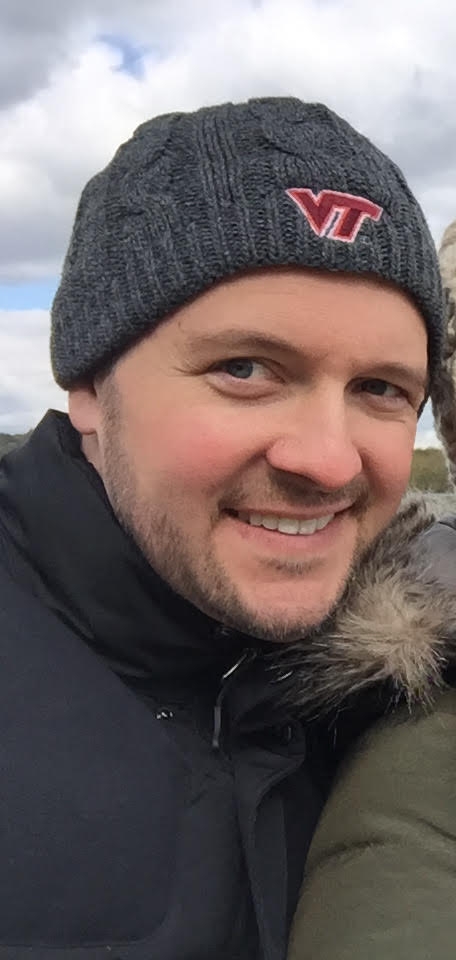Thinking of an MBA? Prior business degrees not needed
June 2020

With job offers delayed or withdrawn in a pandemic economy, some new graduates may find that getting a Virginia Tech MBA can be a productive way to sharpen skills and add credentials while waiting to launch their careers.
Those who majored in science, engineering, and other nonbusiness disciplines as undergraduates will discover that a prior business education isn’t needed to enroll or excel in an MBA program.
Far from being a barrier to success, technical backgrounds can be a basis for diversifying or rounding out knowledge and skills for managing or leading change in today’s data economy.
Ryan Feber, a 2003 Virginia Tech graduate in computer science, for example, believes his computer science degree “is more important than a business undergrad degree when thinking about product management or positions at tech companies.”

Feber chose to pursue a Virginia Tech MBA for a number of reasons: “I was certainly familiar with the brand, loved my time in Blacksburg, and wanted to extend that to my graduate degree. The availability of the Commonwealth Campus student approach, the value of the program, and the proximity to my current workplace (and Metro access) also factored in.”
Bryan Gassenmeyer earned a degree in industrial and systems engineering at Virginia Tech in 2006 and has developed a successful career in sales engineering ever since.

Currently a senior sales engineer for a leading global manufacturer of heating, ventilation, and air-conditioning equipment for the residential, commercial, and transportation markets, Gassenmeyer decided he wanted to build his business knowledge base and get a master’s degree to strengthen his credentials and create a foundation for his next career steps.
“Many employers find an individual with an engineering background and an understanding of business to be very attractive as someone who can communicate in both areas,” Gassenmeyer said. “The VT MBA achieves this goal for me: it increases my value to my current employer for promotion opportunities and also increases my competitiveness for opportunities outside my current company.”
Virginia Tech’s MBA program was his “clear first choice,” he said, with its top ranking and reputation and convenient location in metro Washington, D.C.
Both students are pleased with the skills and knowledge they have gained so far. Feber cited concepts and frameworks around entrepreneurship, corporate finance and accounting, and leadership. “I’ve polished a bit around product development, marketing, and technology.”
Gassenmeyer noted that he has a much better fundamental understanding of the basic structure and essential components of a successful business, from financials and accounting to marketing and reputation management. “I had little prior exposure to these subjects, but I now have a greater appreciation of the roles of these functions and have seen many ways in which they impact my current work.”
He has been able to better identify operational, marketing, and other issues and recommend solutions, and his interpersonal skills have improved. “I am able to speak much more intelligently with my management team about the issues that impact our business.”
Gassenmeyer and Feber both expect that a Virginia Tech MBA will serve them well in their careers.
“I continue to look for ways to integrate what I learn,” Feber said. “Being in a small startup, I’ve found ample opportunities, such as venture finance, to apply and help translate what I hear from senior leaders in my company and industry.”
Gassenmeyer said the MBA will give him more confidence to pursue opportunities for greater responsibility. “I expect the MBA to open doors for me both inside and outside my current company, including the possibility of opening my own firm.”
CONTACT:





